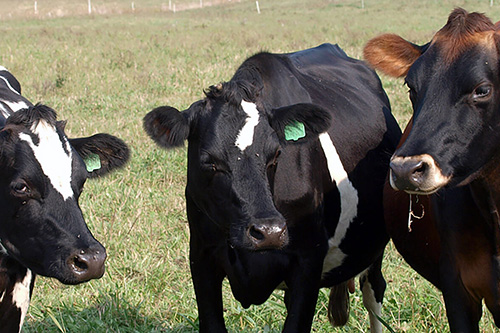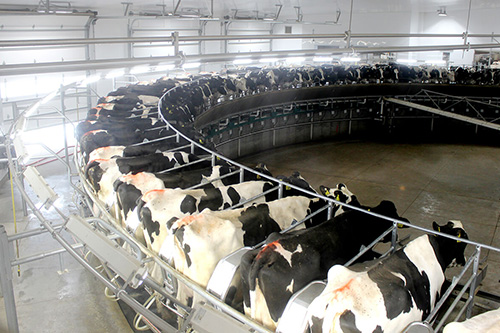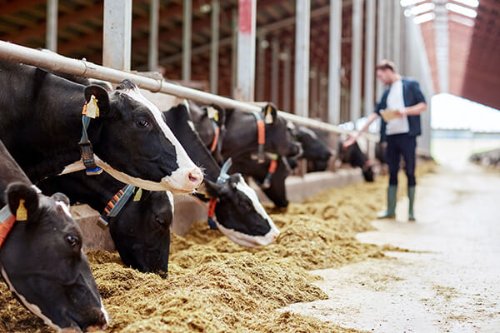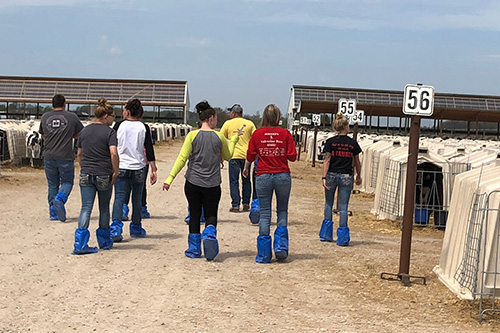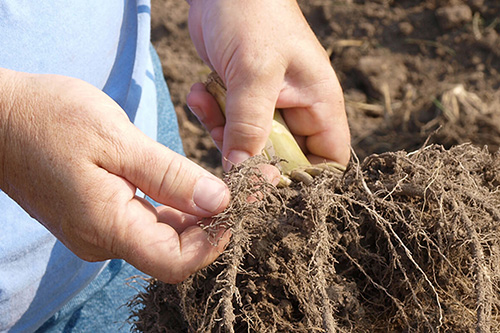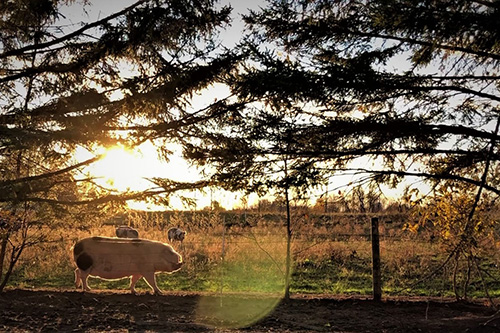

Agriculture
From the fields to the farm to the business side of ag, NWTC’s Agriculture programs prepare you to make an impact in Wisconsin’s largest industry. Whether you’re passionate about sustainable farming, dairy science, animal care, or farm business, you’ll learn from experts and gain hands-on experience that employers value. Turn your connection to the land and animals into a fulfilling career that feeds communities and supports a thriving industry.
- Train in real world labs – including the Sustainable Agriculture and Dairy Science labs. Tour the Ag facilities now.
- Start your bachelor’s at NWTC and save $1,000s in tuition. Credits in many of our programs transfer seamlessly to four-year colleges or universities. See where your NWTC credits will take you.


Cow Care - Certificate
New at NWTC
Dairy Animal Husbandry - Certificate
New at NWTC
Farm Business - Certificate
New at NWTC
